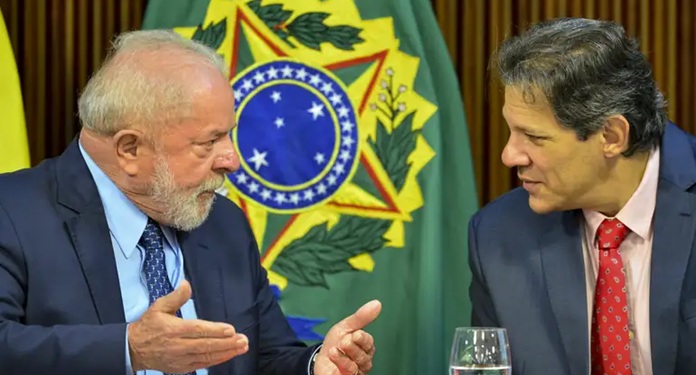
The Federal Government projects to have extraordinary revenues of at least R$40 billion in revenue from betting and other segments in fiscal data for November and December 2024.
Such revenues, which are non-recurring, will be crucial for the Union to reach the fiscal target for the year, respecting the established tolerance margin.
Details about government revenue
According to an analysis carried out by economist Fábio Serrano, from BTG Pactual, in an interview with the newspaper Valor, the government is expected to record around R$12.1 billion in extraordinary revenues in November. These revenues are essential for balancing public accounts in the period.
For December, expectations are even greater. It is estimated that the Union will receive an additional R$23 billion in exceptional dividends from Petrobras and BNDES. Furthermore, the renewal of Vale’s railway contracts is expected to contribute R$4 billion.
Another significant increase will come from grants, estimated at almost R$2 billion, from companies authorized by the Ministry of Finance to operate in the regulated sports betting and online gaming market.
Therefore, the December result, strengthened by these revenues, should be a surplus. These revenues were seen as essential for the government to meet its fiscal targets and provide economic stability.
Betting regulations in Brazil
The regulation of online betting in Brazil began in 2018 with the enactment of Law 13,756, still under Michel Temer’s government. This legal framework was just the first step, as in 2023, Law 14,790/23 significantly improved the legislation, introducing more detailed rules, especially for online games.
During 2024, the Prizes and Betting Secretariat (SPA) of the Ministry of Treasury published several ordinances that specified rules on licensing, taxation, and prevention of money laundering.
Furthermore, the regulatory process included guidelines for advertising and responsible gaming policies, aiming to protect bettors and increase government revenue.
The regulation came into force on January 1, 2025, establishing that only companies authorized by the SPA can operate in the Brazilian market. The grants paid by the first authorized companies generated R$2.01 billion for the government, standing out as a significant source of revenue.
These new rules aim to combat illegality and promote a transparent and safe market. However, challenges such as effective supervision and combating irregular websites still persist, requiring continued attention from authorities.





